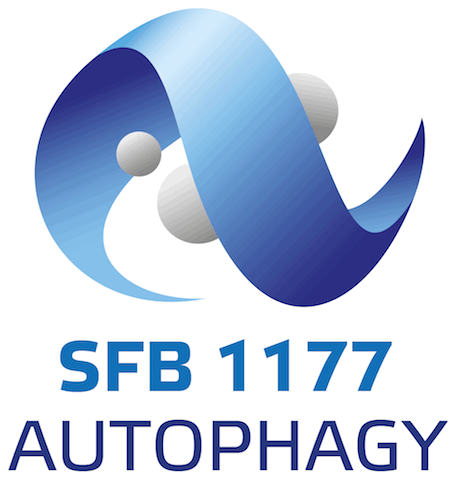F09
bacterial evasion of selective autophagy pathways

Pathogenic bacteria like Legionella pneumophila have evolved sophisticated mechanisms to hijack host cell autophagy to ensure bacterial survival and proliferation, notably through ubiquitination mechanisms. Project F09 aims at better understand the molecular determinators and functional relevance of autophagy in the course of the viral life cycle by investigating (i) the role of Legionella-induced PR-ubiquitination of host proteins for mitochondrial homeostasis, (ii) the role of conventional E3 ligases and DUBs encoded by Legionella’s genome in modulating autophagy, and (iii) the impact on bacterial replication and clearance. In addition, we will (iv) extend our strategy to develop inhibitors of SidE-family proteins to include DARPins and PROTACs. This will allow us to gain new tools to dissect the role of those bacterial effectors and lead the way to the potential development of therapeutic strategies.
prof. dr. ivan dikic
Institute of Biochemistry II
GU Frankfurt
Theodor Stern Kai 7
60590 Frankfurt a. M.
Germany
Office: +49 69 6301-5652
dikic@biochem2.uni-frankfurt.de

PROF. DR. volker dötsch
Institut für Biophysikalische Chemie (IBPC)
GU Frankfurt
Max-von-Laue Str. 9
60438 Frankfurt a. M.
Germany
Office: +49 69 798 29631
vdoetsch@em.uni-frankfurt.de

